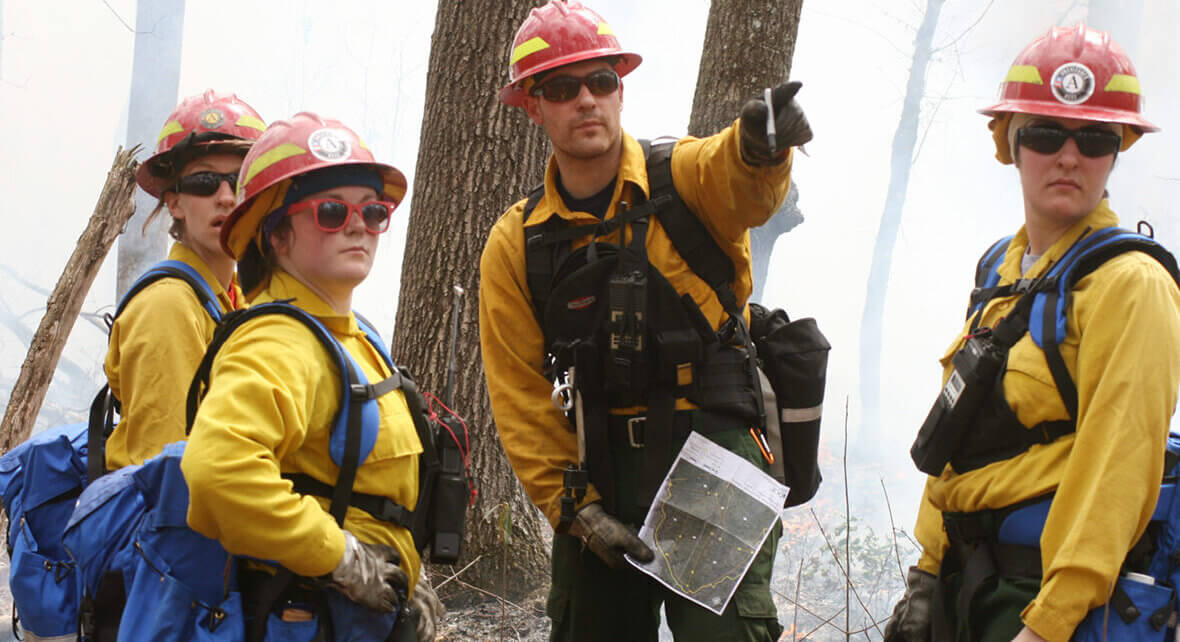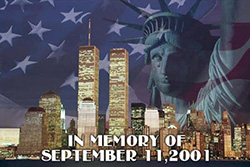In its 2021 data from the National Center for Health Statistics, the CDC showcased that the United States saw for the first time more than 100,000 deaths from drug overdoses. The data from the NCHS Statistics shows that there were 107,622 suspected deaths from overdoses in 2021, 15 percent more than the 93,655 deaths predicted in 2019.
According to the National Archives, approximately 58,000 Americans died in the Vietnam War, meaning that the United States is experiencing almost twice the number of deaths from the entire Vietnam War every year, and that number continues to increase year after year.
Federal services such as AmeriCorps, the United States’ flagship civil service organization, have been sanctioned to address the needs of the nation at that specific time. This is evidenced by the department’s efforts to address the COVID-19 Pandemic.
This effort was bolstered by lawmakers when they included a $400 million investment clause in the American Rescue Plan for AmeriCorps through 2021. In September 2021, AmeriCorps announced the investment would be used to fund up to 5,000 new AmeriCorps positions over the next five years.
This was accomplished through a coalition effort between AmeriCorps and the Centers for Diseases Control (CDC). Service members served in roles directly addressing the pandemic including contact tracing as well as dealing with the connected ramifications of the pandemic, alongside the spike in food insecurity nationally. Now, some of these priorities have shifted to address the national opioid epidemic. This has culminated in the creation of AmeriCorps’ Public Health Corps.
AmeriCorps’ Public Health Corps is run through their State and National Program which pairs service members with nonprofits for a full year to work towards the mission of that nonprofit. Current openings in AmeriCorps Public Health Corps include positions for healthcare outreach coordinators in Newark NJ and Public Health Outreach coordinators in Dover NJ.
One position in Philadelphia is seeking a service member to connect addiction recovery resources to those that need them. These are just some of the local opportunities, and there are many more across the country.
Claire Gaston is a junior at Monmouth. Studying political science, she focuses much of her research on drug policy in the United States. She advocates for government support of local non-profits and efforts to address drug addiction. She said, “It’s these local groups that really fight the problem.”
Specifically, Gaston highlighted HOPE Sheds Light as a non-profit in New Jersey that “provides services to more than just the individual, they target their families too.” She also referenced EndOverdose, which provides free Narcan and Fentanyl testing strips while traveling across the country.
Sabria Smith, a senior political science student, commented comment on AmeriCorps actions to address the opioid epidemic. She said, “I think it’s important that we have organizations, such as AmeriCorps and their Public Health Corps, that take a boots-on-the-ground approach of working with the local community. It’s imperative to take a ground-up approach to the opioid crisis, working one on one with those suffering from addiction.”
She continued, “Addiction is a hard thing to struggle with alone, so having organizations that work alongside the community to help provide treatments and assessments, while also providing employment opportunities and support is so important and necessary.”
This boots-on-the-ground approach is central to AmeriCorps’ approach to solving problems. They recognize the impact that individuals can have in building stronger communities and connections within those communities.
This begs a question about the social state of the country and for leaders across the country: how life here can be made into something that so many don’t seek to escape from? While that looks different across the country, many argue that it starts with access to resources and community building.
Gaston said, “An important thing to note. Not talking about the opioid crisis won’t ever help us… It’s a disease that hurts people just like other diseases. Talking about it also helps identify laws, efforts, and policies that are and aren’t working.”
Agencies such as AmeriCorps, and the other aforementioned organizations, such as HOPE Sheds Light and EndOverdose, play a key role in managing and improving the situation currently present in regards to the opioid epidemic.
These organizations guarantee access to crucial resources that communities and individuals may have not had beforehand, therefore strengthening our hand when it comes to ending this crisis.


